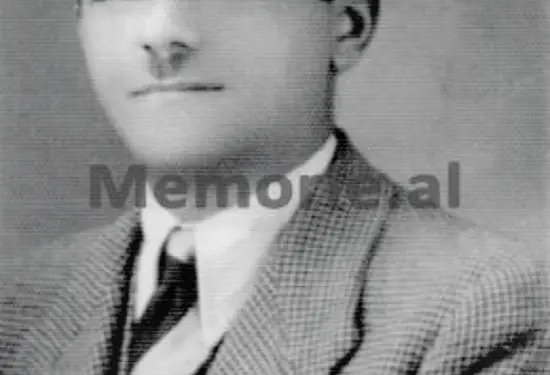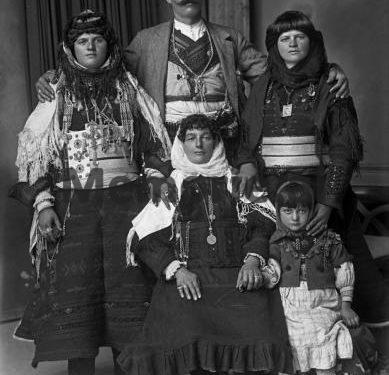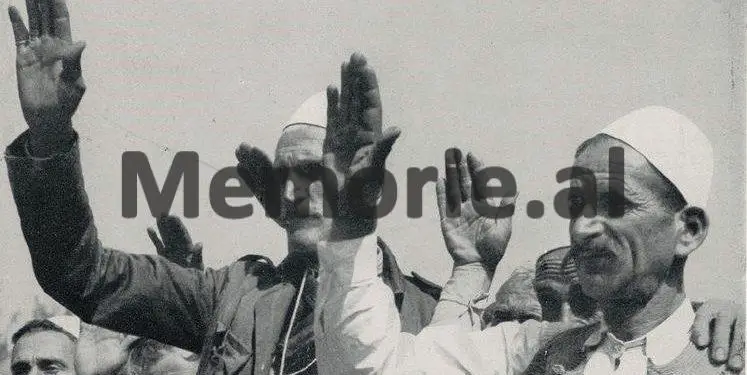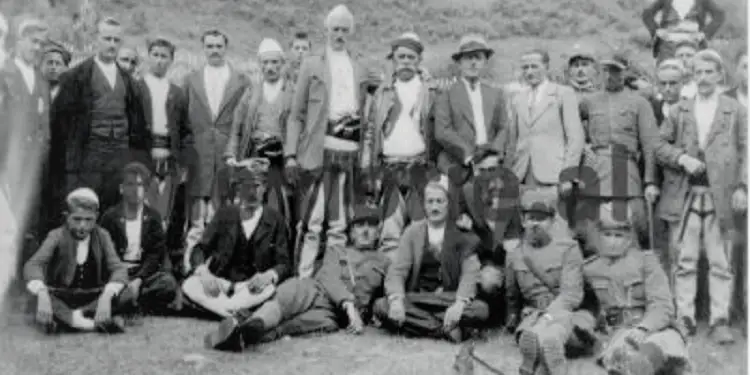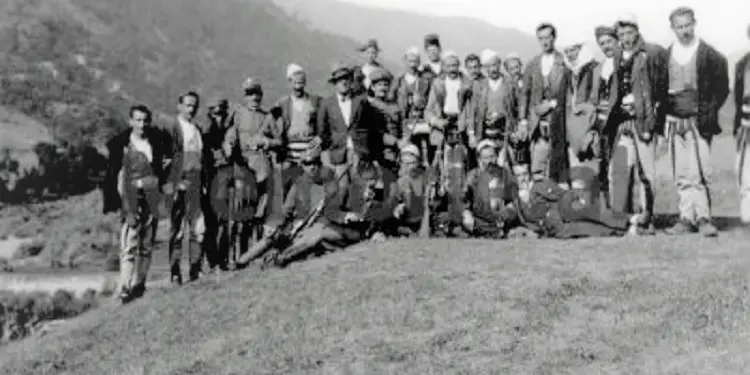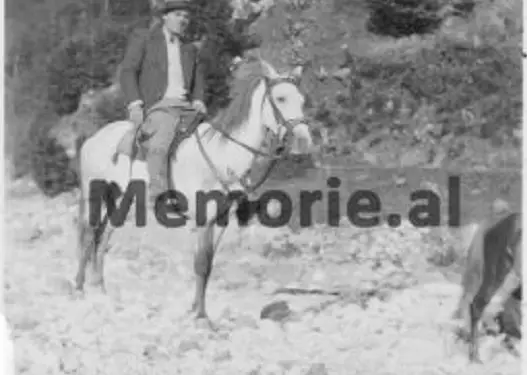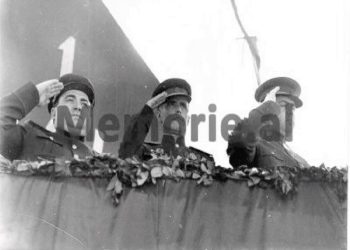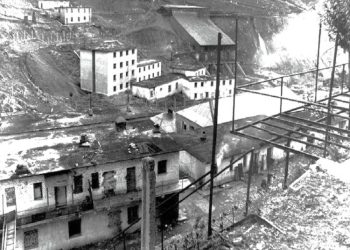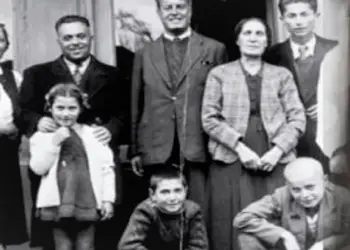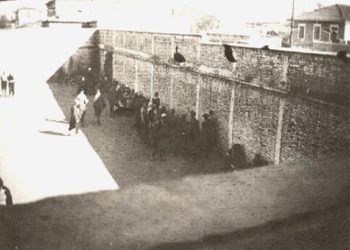By Namik Mehmeti, Florence
Memorie.al/In the neighborhood Parrucë, of the city of Shkodra, not far from the big prison of the city, the house where we lived was large, rooms, stoves, porches, kitchen and yard, garden with trees and flowers. With the imprisonment of our father, the Executive Committee of that time, had a point of preference to give locked sheets in the empty rooms to the Security officers, the Army, or even the civilians who came to work from the south of Albania, to its north…
Baba, Et’hem Rrema (Mehmeti) was sentenced as “Enemy of the People” to 10 years in political prison, just because he had served as a clerk (mayor, mayor, etc.), serving his sentence from January 19, 1945, until January 19, 1953, benefiting two years of pardon.
While my father was in prison, our mother Laja, had to cope not only with the growth of her three sons (Skënderi, Namiku and Reshati), the eldest then 6 years old, and the youngest 2 years old, but also work for provide a livelihood, to protect us from loneliness, (as relatives were afraid to approach), to follow her husband to the labor camps, Maliq or Beden in Kavaja.
Our life became somewhat safer when our uncle, Haki Ulqinaku, came to live with us, who was targeted as a merchant and ship owner, entering and leaving the ports of Italy, until the communists came to power.
The three of us brothers, when we started going to school, learned the word prison together with the first words of the primer, because at home the absence of the father was justified by the mother with the word prison. And even more so, when she took us with her on meeting days once a month.
Growing up, we learned to go to the prison gates on certain days to send our father food and underwear (clothing), and we, the children, tried the torture of being taken by the police for hours. whole and murlan wind’s frost. Grandmother, mother, when we asked her to learn something about why she was a father in prison, after some neighbors, (from communist families), called us: “the children of the Zogist, the enemy of the people”, they just said one word to us: “you are learning in excellent school, dad would be released sooner from prison. ” But in the days when my mother worked shifts at the Tissue Factory, we were dealing with a remanufactured wooden crate that had been brought from Italy and contained documents, letters and photographs. My grandmother used to tell us that napoleons of gold and other jewels of gold and silver were stored there, which the mother was obliged to hand over during the security checks or to sell them secretly.
The same small box surprised us when we saw that among those documents, were the names of the father with the signature of King Zog I, in state duties, prefect, deputy prefect or mayor, as well as the Kingdom Passport, thanks and appreciation for the work which he had carried out in almost all the cities of the provinces of Albania. Between them and lots of pictures.
But with his release from prison, we no longer saw those relics that testified to a historical truth. Apparently out of fear that we might even expose them, when from time to time the coming and going rents could cause us problems with their exposure.
Very late, after my father had passed away, with the overthrow of the communist dictatorship, my mother provided us with some photos, especially those taken in northern Albania in Vermosh. In the years when his father was mayor, in many meetings with the Bajraktars of the North, he had also taken pictures with the anti-communist patriot Prek Cali. But the photograph that has historical value is the one where Colonel Hill is present, as well as the District Commander, Shaban Elezi, and other military, as well as many representatives of the Legality Movement.
These photos coincide with the arrival of Colonel Hill in Albania, where he wrote in his memoirs about Vermoshi. It was his visit to Albania in the years 1935-’36, where invited by King Zog I, he would undertake the organization and training of the Albanian Gendarmerie.
Here is how Colonel Hill traversed his trip to Vermosh and the meeting with Prek Cali, the Mayor Et’hem Rrema (Mehmeti), the Mayors and Bajraktars of Malësia e Madhe: “There (Tamara) took us post commands and the next day accompanied by others climbed again on a steep grassy hill and then took the flat terrain through the woods, near the eastern border to the north of Albania, then descended west, through the wide and fertile valley of Vermosh, the northernmost village Beyond it is a ring of hills along which was the border line.It was planned to cross an east-west railway, through the valley from which Yugoslavia would benefit, but it never materialized.
In Vermosh, in addition to the post office, there were scattered houses and a large farmer’s building, which belonged to the mayor who controlled the valley.
The mayor, a nice man who spoke a little English, was glad to have the opportunity to exchange a few words in English “/Memorie.al




